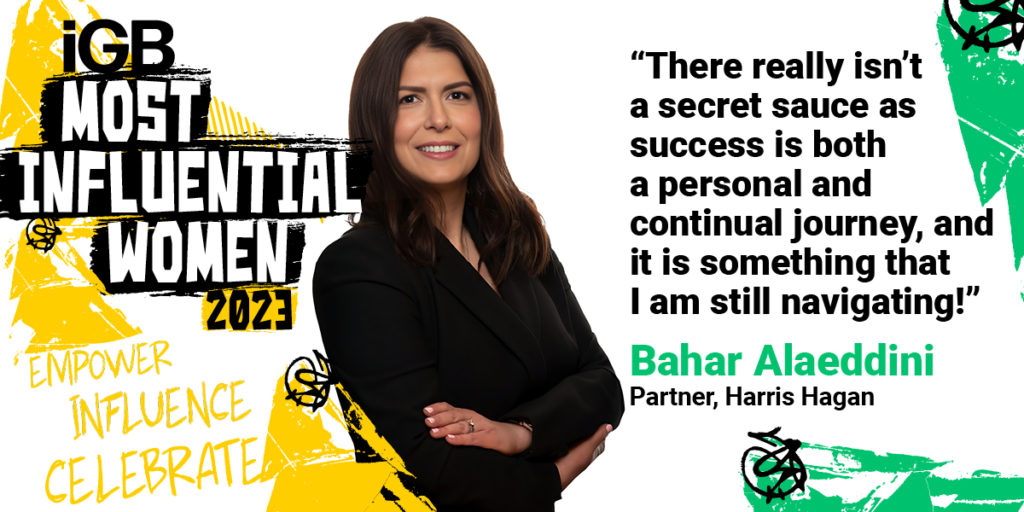White Paper Series: UK Gambling Act Review: What Now? VIXIO Webinar
On 23 July 2024, Bahar Alaeddini appeared as a panellist on a VIXIO Regulatory Intelligence webinar titled “UK Gambling Act Review: What Now?” together with Tim Miller from the Gambling Commission, Sarah Fox from the Department for Culture, Media and Sport and Dan Waugh from Regulus Partners, and moderated by Joe Ewens, Global Managing Editor from Vixio. This was the third webinar on the White Paper organised by Vixio. The panellists had an insightful and lively discussion about the current status of the White Paper proposals following the General Election:
Two earlier webinars took place on 16 May 2023, titled “The End of the Beginning”, 15 September 2023, titled “Defining the Future”. Please click on the dates to watch the earlier webinars.
